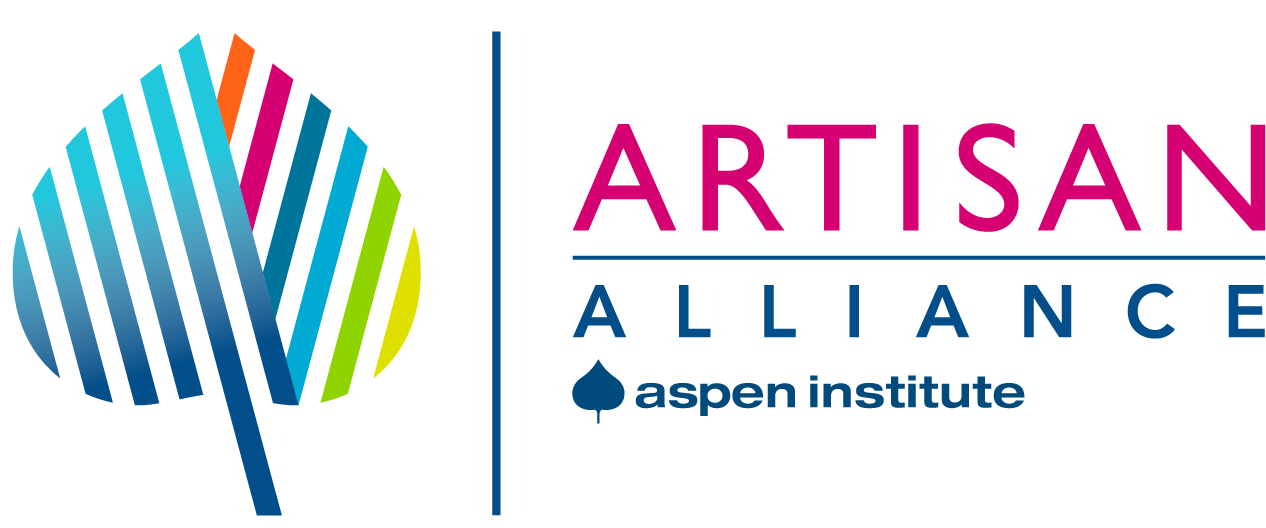To celebrate our very first anniversary, we've created a video to showcase the progress we've made and the aspirations that lie ahead. Alliance fellow Henna Wang had the opportunity to speak with Natika Washington, Director of the Office of Global Women's Issues at the US Department of State, to hear about the founding of the Alliance and its purpose in empowering women artisans of the world.
Henna Wang: Why is the partnership managed by the Office of Global Women’s Issues, what is the role of women in the artisan sector?
Natika Washington: The Secretary’s office of Global Women’s Issues was approached by the International Folk Art Market two years ago and was invited to participate in their International Folk Art Market at Santa Fe. We realized when we got there that many of the artisans working at the market were women, and one of the roles of our office was to empower women globally so we knew there was a connection when identifying women artisans around the world and connecting them to opportunities to become empowered economically. We got together and thought about the best mechanism to tackle this goal, and the best way for us to do that was to create an alliance of like-minded individuals in the US Government, other countries, philanthropists, corporations, artisan groups, and artisans to come together and tackle some of the issues artisans face around the world. We then created the Alliance for Artisan Enterprise. The Secretary’s Office of Global Women’s Issues mission is to work collectively with the Alliance members, but most importantly, our partner the Aspen Institute to further the goal of the Alliance.
Henna Wang: How does the Alliance advance cultural diplomacy goals?
Natika Washington: I think that the Alliance for Artisan Enterprise is an entity that can change the lives of women and girls around the world by connecting them to opportunities to learn how to diversify their products, to learn how to gain access to other markets, to training opportunities, but most importantly be involved in a network of like-minded individuals who care about artisans around the world. It was a natural fit for the US Government to be a member of the Alliance, because we deal with diplomatic and cultural programs to get other members in other countries aware of the types of opportunities that we are doing in the United States. This piece of the puzzle was a perfect fit.
Peggy Clark: Tell us about the In-Country Pilot program that we are going to be launching next year.
Natika Washington: One of the things that we realized that we needed to do in order for us to meet some of the objectives of the Alliance in the first and second year was to start tackling some of these barriers. We have collectively decided that the best way to do that is to design a pilot project which will identify entrepreneurs, artisans in different countries, connect them specifically to training opportunities, networking opportunities, to help get their products to scale, giving them opportunities to be able to also get access to grow their incomes, but most importantly being able to collect the data and research on how artisans play a role in the overall health of their economies. We are really excited to be working on this next year to tackle some of these barriers that many of us already know that artisans and entrepreneurs at large, mostly women, are facing globally.


